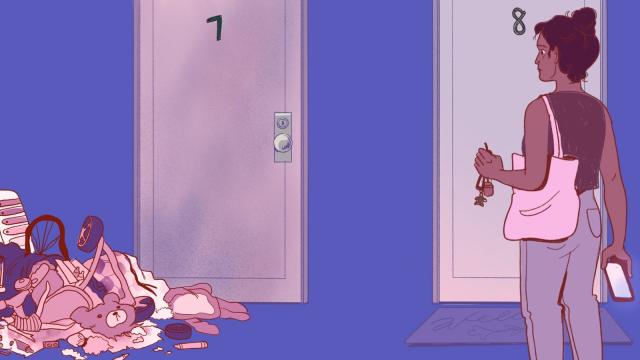Making the decision to call Child Protective Services on another parent is not a decision most of us would ever arrive at lightly. We may be afraid of retaliation — or we may be fearful that we’re wrong and about to make someone’s life unnecessarily scary or stressful. But there are times when it is our obligation to report possible cases of abuse or neglect for the protection of a child. Let’s talk about the role of child protective services and when we should call them.
What does CPS actually do?
Child Protective Services is a branch of your state and territory’s government department that assesses, investigates, and intervenes as necessary in cases of child abuse and neglect. (It may not actually be called “CPS” in your state, though — different states have different names for the these services, such as the Department for Child Protection or Child and Family Services.)
Once CPS receives a report, their role, according to nonprofit organisation Stop It Now! is to:
- Determine if a child has been abused or neglected
- Protect the child from immediate danger
- Assess the risk of continuing danger to the child
- Decide if or what interventions are needed to keep the child safe, and implement these steps, sometimes with the help of other state agencies or programs.
- Decide on the need for ongoing support of the family, such as case management, counseling, or medical care. Ongoing support can include programs and services from organisations besides CPS.
It’s also important to note that, as you try to decide whether or not to make the call, each state has its own definitions for the three reasons you’d report a parent to CPS: physical abuse, sexual abuse and exploitation, and neglect. You can view each state’s statutes here.
Deciding whether to place the call to CPS
There are real reasons to be hesitant about calling CPS if you suspect abuse or neglect. To start with, it’s important to recognise that children of colour are disproportionately represented in the child welfare system.
Also, we know that removing any child from their home causes them trauma, it disrupts their attachments with biological family, and it can leave a lasting impact on their mental health — even if the removal is necessary for their safety. So it’s never something to be taken lightly.
However, as Ellen Smith, a clinical associate professor and child welfare training coordinator at the University of Wisconsin tells Fatherly, in some cases it is necessary. Here are the three main reasons she gives for placing the call, along with signs to look for with each one:
- Physical abuse. Does the child have signs of injury or do you believe there’s an imminent threat of violence?
- Sexual abuse. Have you seen certain behavioural signs, such as flinching or raising of hands in a defensive manner? Do you suspect some kind of sexually abusive or exploitative behaviour?
- Neglect. Does the child in question live in an unlivable environment? Are they left alone for long periods of time without proper care? A more thorough explanation can be found here.
If the situation meets that criteria, before you call, gather whatever evidence you have or any notes of the observations you’ve made. Just because you call doesn’t automatically mean there will be an investigation — a social worker will likely ask you several questions to determine whether intervention is warranted given the details you provide and your state’s statutes. If you fear retaliation, you can ask to give the information anonymously (or ask that your contact information not be disclosed to the other parent).
What to do if a child is in immediate danger
All of the above assumes the child is not in immediate danger of harm. However, if you see or hear something that indicates they are at immediate risk, skip CPS and call the police. CPS is not a law enforcement agency and cannot respond to emergencies.
An immediate threat would include witnessing someone physically harming a child or hearing screams or noises that sound as though the child is being harmed or is in danger.

Leave a Reply
You must be logged in to post a comment.